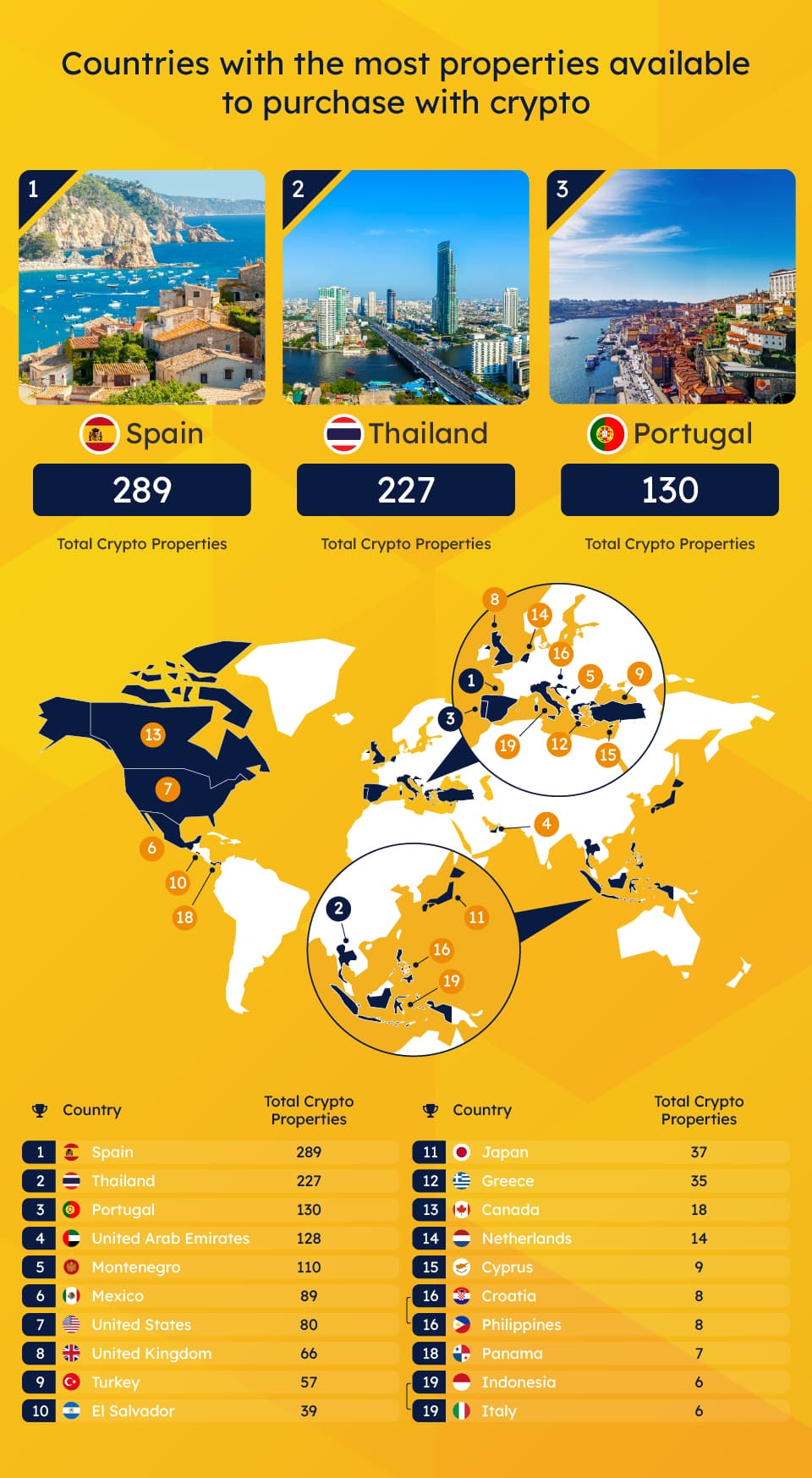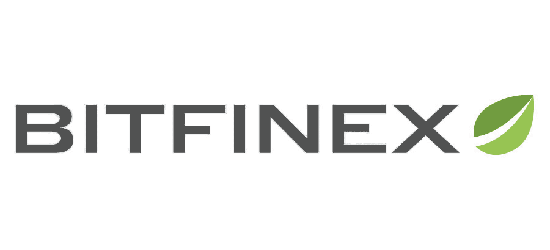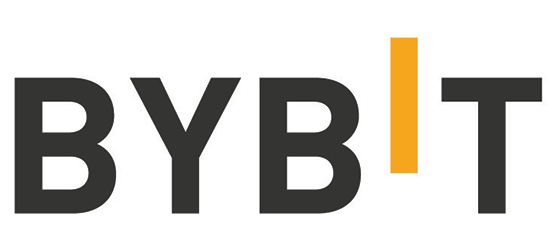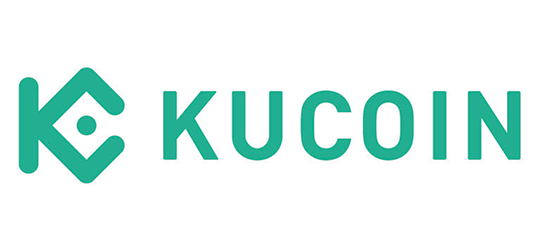
How Are Cryptocurrencies Redefining the Real Estate Industry?
Moscow Exchange announced the launch of a DFA for the real estate sector to make the investment process easier. The intersection of cryptocurrencies and real estate is an interesting direction in DeFi. We decided to recall other striking examples of interaction and assess the future of cryptocurrencies in real estate world.
The concept of tokenization of real estate and more
Cryptocurrency and real estate is a tandem that was predicted to fail as a result of the crypto winter. But as it turned out, this trend has survived the harsh market conditions of 2022-2023 and is laying a solid foundation for its development in the future. This is confirmed by real cases, which we will cover a little later. Meanwhile, let us explain the essence of the concept of tokenization of real estate and not only that.
Access to the real estate market is getting wider as investors can purchase shares in existing buildings and under construction ones with the cryptocurrencies attached to those buildings. Fractional ownership is not a new concept in real estate. Tokenization is becoming its enhanced version. The underlying technology speeds up processes: it increases liquidity in the real estate market, eliminates paperwork, and makes processes transparent and secure.
Real cases crypto and real estate interaction
The real estate market is struggling with various obstacles. Many countries, companies, and other market participants are turning to DeFi to solve them. For example, Moscow Exchange plans to launch blockchain-based DFAs by 2024. These assets will become a new way to finance developers and lower the threshold of entry into real estate. This initiative has been joined by organizations that have received permission from the Bank of Russia to issue DFAs.
A little earlier, across the pond, Ledn and Parallel announced a partnership that allows investors to buy real estate in the Cayman Islands using cryptocurrency. And in early March, Spain was recognized as the leading country with the largest amount of housing that can be purchased for crypto.

Source & Copyright ForexSuggest
Meanwhile, RWA data proves that real estate tokenization works. The real estate tokenization loan market is valued at $31 million, bypassing the crypto trading sector, which is valued at $30 million. RealT has been in the real estate tokenization business since 2019. Since its inception, it has tokenized more than 390 homes valued at over $92 million. And in 2017, the first-ever home purchased entirely with Bitcoins was sold in Austin, Texas.
There are other, more unusual examples of the interaction between cryptocurrencies and real estate. For example, in 2021, a group of crypto entrepreneurs leased a small island from the state of Vanuatu to create a global crypto capital and blockchain-based democracy. They named it Satoshi in honor of the progenitor of cryptocurrencies.

Source & Copyright Satoshi Island
How will crypto and the real estate industry interact next?
The problems that can be solved through the crypto and real estate interaction and real cases of application give hope and optimism for the future development of the new direction. But we should not forget about the existence of obstacles, mainly legislation. In some countries, such as the U.S., real estate tokenization will be considered as a securities' transaction: something that the crypto community has been fighting so fiercely against lately. Other countries recognize that tokens are merely code with no legal validity. Which means investors will have no legal basis to tie themselves to specific properties. And while real estate tokenization makes many processes easier, it also complicates others. This is primarily true for cybersecurity.
Does this new trend have a future? Real estate tokenization is a cost-effective way of investing, but it is a relatively new direction and the authorities of many countries have not yet chosen a method of regulating this industry. Moreover, for the further development of the direction it is necessary to close the gaps that exist in the crypto industry. But we should not give up, as real cases, as well as analytical data show us that the new trend in the industry is working, and it should be developed and strengthened.
























